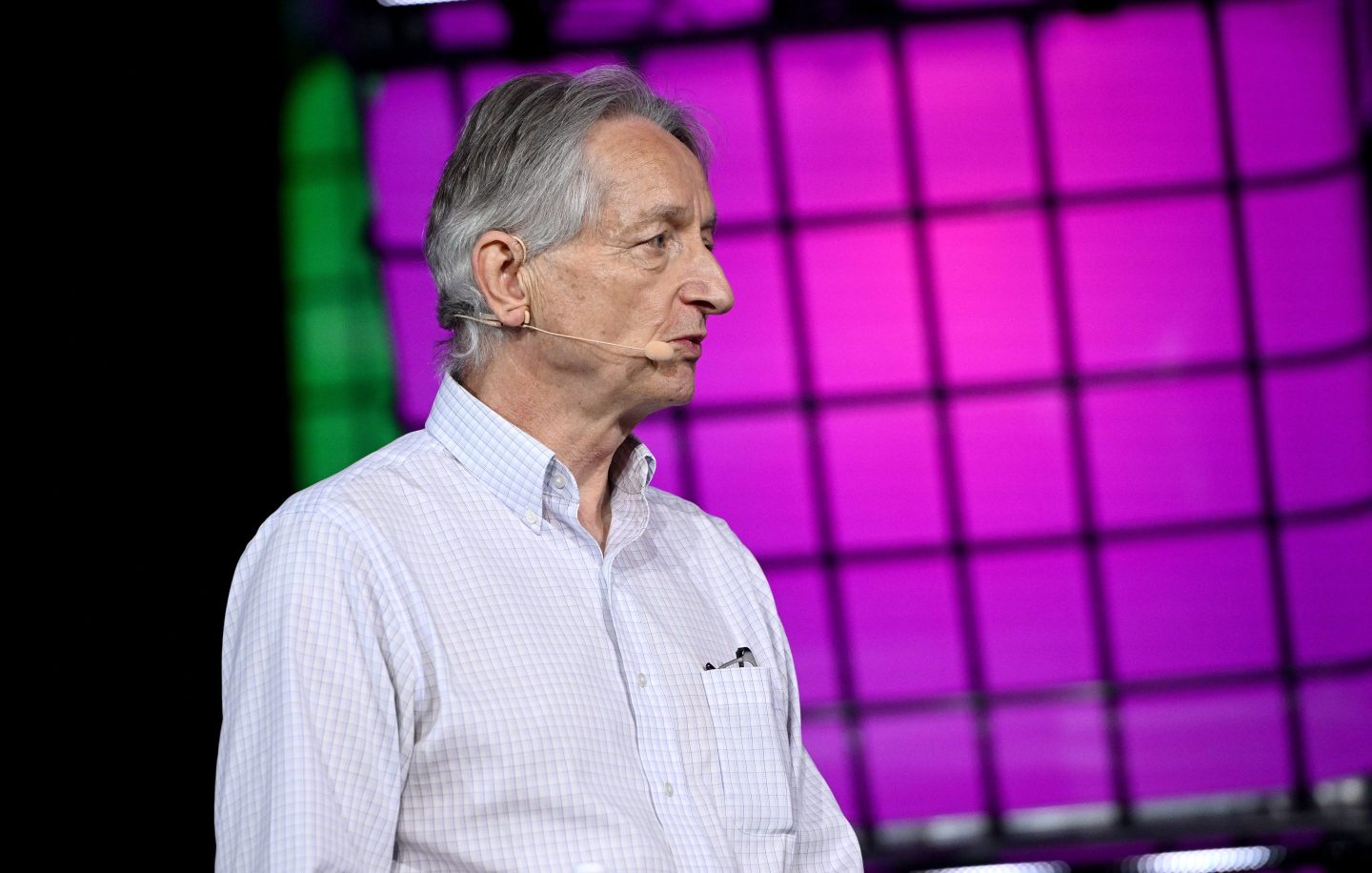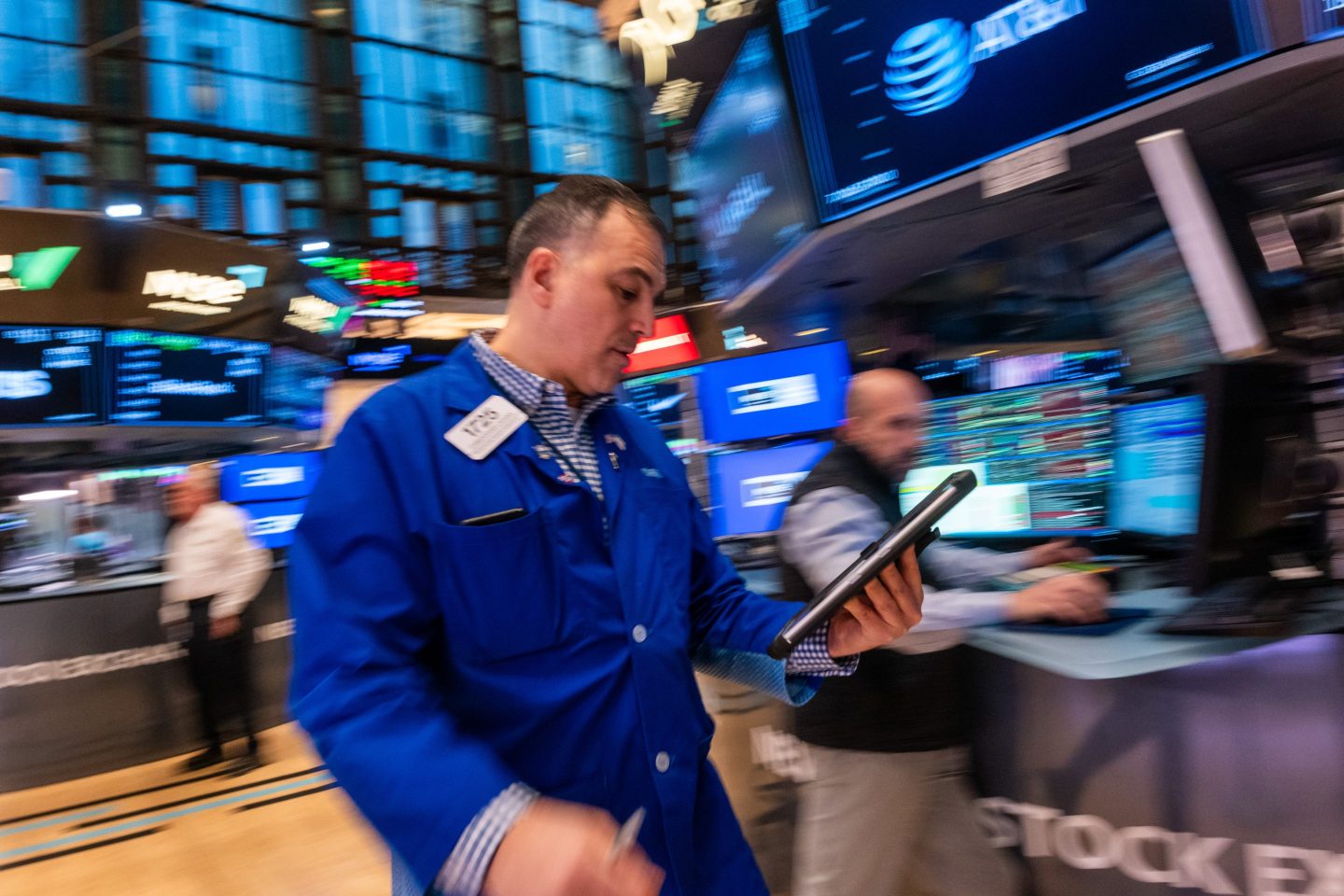Computer scientist and Nobel laureate Geoffrey Hinton doubled down on his warnings about how artificial intelligence will affect the labor market and the role of companies leading the charge.
In an interview with Bloomberg TV’s Wall Street Week on Friday, he said the obvious way to make money off AI investments, aside from charging fees to use chatbots, is to replace workers with something cheaper.
Hinton, whose work has earned him a Nobel Prize and the moniker “godfather of AI,” added that while some economists point out previous disruptive technologies created as well as destroyed jobs, it’s not clear to him that AI will do the same.
“I think the big companies are betting on it causing massive job replacement by AI, because that’s where the big money is going to be,” he warned.
Just four so-called AI hyperscalers—Microsoft, Meta, Alphabet, and Amazon—are expected to boost capital expenditures to $420 billion next fiscal year from $360 billion this year, according to Bloomberg.
Meanwhile, OpenAI alone has announced a total of $1 trillion in infrastructure deals in recent weeks with AI-ecosystem companies like Nvidia, Broadcom, and Oracle.
When asked if such investments can pay off without destroying jobs, Hinton replied, “I believe that it can’t. I believe that to make money you’re going to have to replace human labor.”
The remarks echo what he said in September, when he told the Financial Times that AI will “create massive unemployment and a huge rise in profits,” attributing it to the capitalist system.
In fact, evidence is mounting that AI is shrinking opportunities, especially at the entry level, and an analysis of job openings since OpenAI launched ChatGPT shows they plummeted roughly 30%.
And this past week, Amazon announced 14,000 layoffs, largely in middle management. While CEO Andy Jassy said the decision was the result of “culture” and not AI, a memo he sent in June predicted a smaller corporate workforce “as we get efficiency gains from using AI extensively across the company.”
Despite the potential downside for workers, Hinton also sees benefits from AI. When asked if he would go back in time and stop AI from developing, he paused and said he doesn’t know.
“It’s not like nuclear weapons, which are only good for bad things,” he explained. “It’s a difficult decision, because it can do tremendous good in health care and education. It’ll do tremendous good, and in fact if you think about it increasing productivity in many, many industries, that should be good.”
The problem ultimately is not owing to AI itself, but “on how we organize society,” Hinton added.













